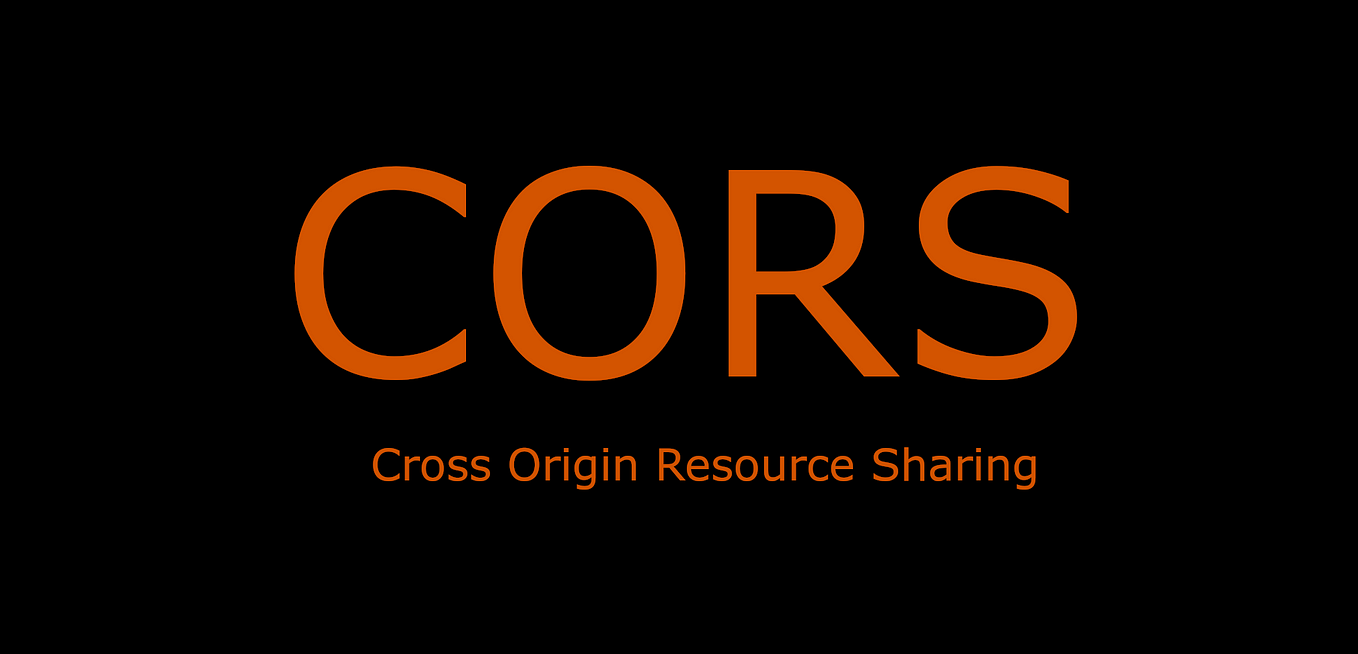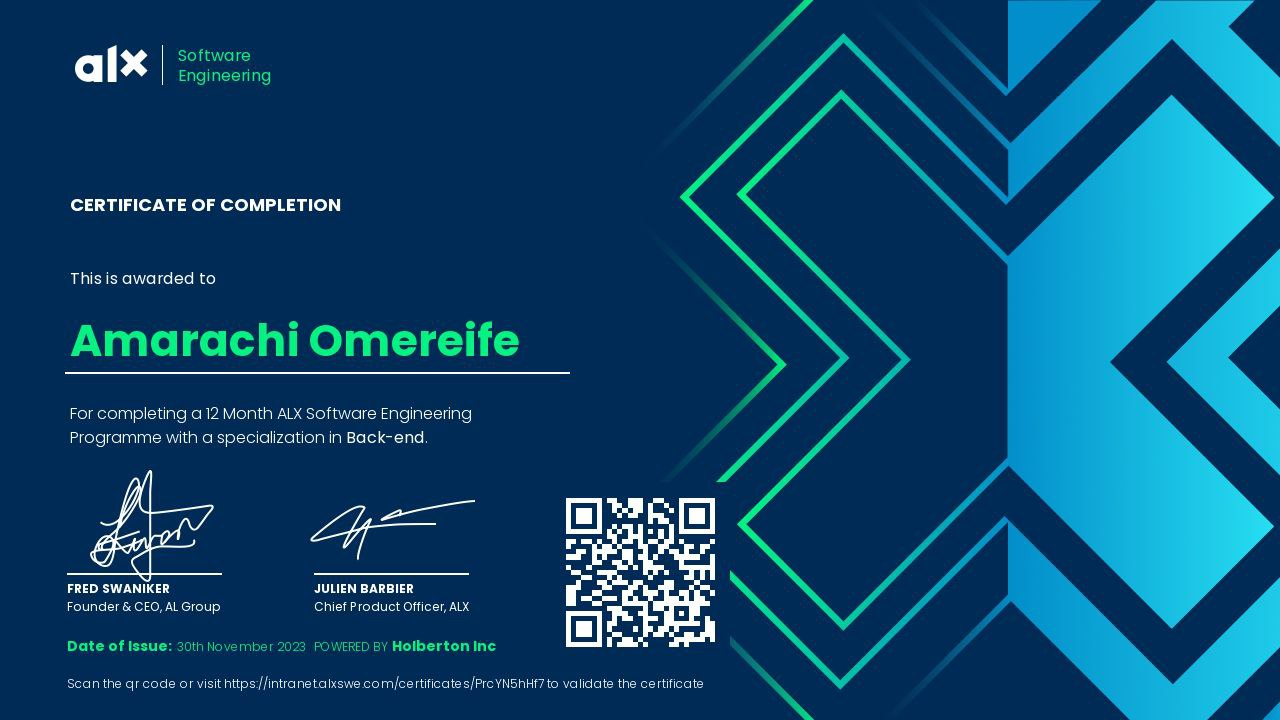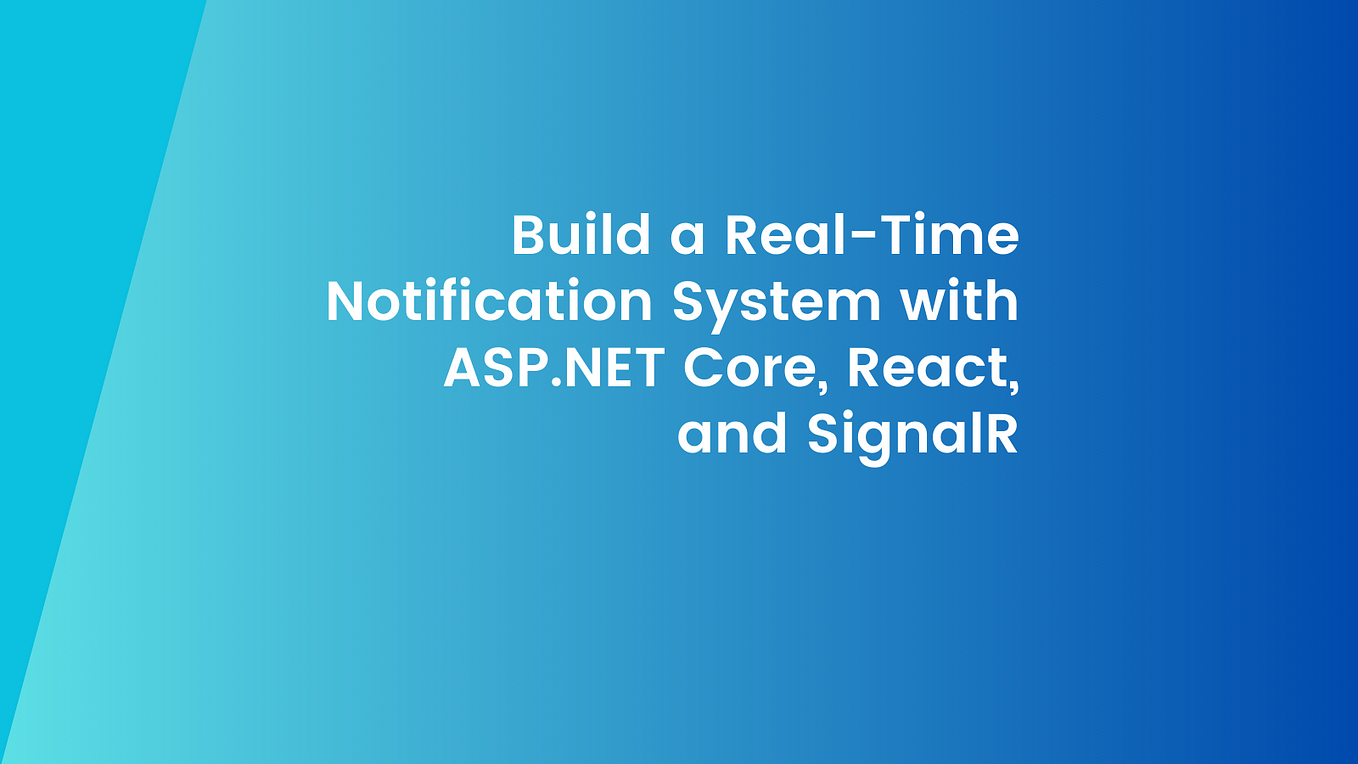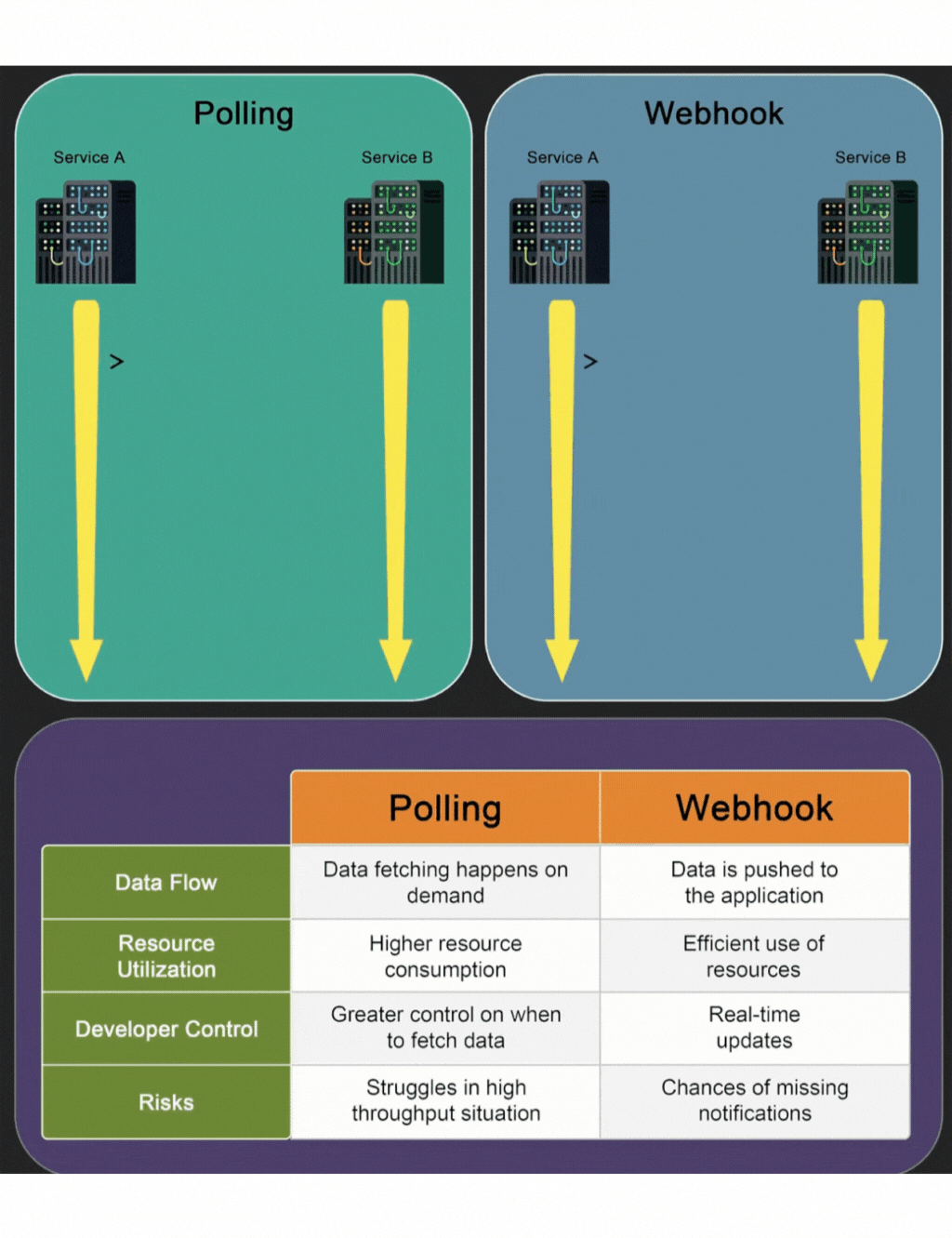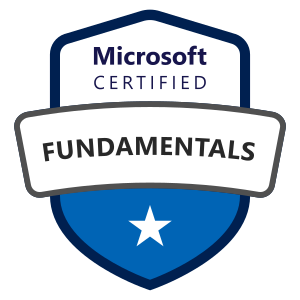Demystifying Azure Service Bus Topics: A Beginner’s Guide 🚀
Azure Service Bus Topics are powerful messaging constructs that enable the distribution of messages to multiple subscribers or consumers. They are an essential part of Microsoft Azure’s messaging services, providing a way to scale applications and decouple components in distributed systems. In this beginner-friendly guide, we’ll explore what Azure Service Bus Topics are, their features, and how they are used with real-world scenarios. We’ll also dive into subscriptions, events, and filters, explaining their significance and best use cases using emojis. 💌
What is Azure Service Bus Topic? 📨
Azure Service Bus Topic is a messaging service offered by Microsoft Azure that facilitates communication between different parts of an application or between different applications running on Azure. It acts as a central hub for distributing messages to multiple subscribers, allowing for asynchronous and decoupled communication.
Features of Azure Service Bus Topics: 🌟
Azure Service Bus Topics offer several key features that make them valuable for building robust distributed systems:
1. Publish/Subscribe Model 📢
Azure Service Bus Topics use a publish/subscribe pattern. Messages (also known as events) are sent to a central topic, and subscribers (or consumers) can subscribe to the topics they are interested in. This decouples producers and consumers, enabling asynchronous communication.
Sample Code Snippet:
// Sending a message to a topic
await topicClient.SendAsync(new Message(Encoding.UTF8.GetBytes("Hello, Topic!")));2. Multiple Subscribers 👥
A single topic can have multiple subscribers, each with its own subscription. This allows for fan-out scenarios, where one message can be delivered to multiple subscribers simultaneously.
3. Filtering 🎯
Azure Service Bus Topics support filtering mechanisms that allow subscribers to receive only the messages they are interested in. Filters can be based on message properties, labels, or custom criteria, enabling fine-grained control over message routing.
SQL Filter Example:
// Create a SQL filter for messages with a priority greater than 5
var filter = new SqlFilter("priority > 5");4. Dead Lettering 🪦
Messages that cannot be delivered successfully can be sent to a dead-letter queue for further analysis and handling, ensuring no messages are lost.
5. Session Handling 🔄
Topics support session-enabled subscriptions, which are useful for scenarios where messages need to be processed in a specific order or grouped together based on a session ID.
6. Message Ordering 📊
Azure Service Bus Topics maintain the order of messages within a single subscription, ensuring that messages are processed in the order they were sent.
Use Case Scenarios: 📋
Azure Service Bus Topics is applicable to wide variety of scenarios. A few of such scenarios are listed below:
1. Stock Market Data 📈
Imagine a stock trading application that needs to distribute real-time stock data to multiple users and subsystems. Azure Service Bus Topics can be used to publish stock updates to a central topic, and subscribers can subscribe to specific stocks or categories of stocks they are interested in.
2. Order Processing 🛒
In e-commerce systems, order processing can be complex, involving multiple components like payment processing, inventory management, and shipping. Azure Service Bus Topics can be used to distribute order-related events to these components, ensuring seamless and asynchronous processing.
3. IoT Data Ingestion 🌐
For Internet of Things (IoT) scenarios, where a large number of devices are sending telemetry data, Azure Service Bus Topics can efficiently route data to various data storage systems, analytics engines, or alerting mechanisms.
Understanding Subscriptions, Events, and Filters: 📩
Subscriptions: 📧
- Subscription: A subscription is a logical entity within an Azure Service Bus Topic that represents a particular view of the topic’s message stream. Subscribers (consumers) attach to subscriptions to receive messages. A topic can have multiple subscriptions.
Sample Code Snippet (Creating a Subscription):
// Creating a subscription for a topic
var subscriptionClient = new SubscriptionClient(serviceBusConnectionString, topicName, subscriptionName);Events: 💌
- Event: An event is a message or data packet sent to a topic. Events are published to a topic and are then routed to one or more subscriptions based on filters and rules.
Sample Code Snippet (Publishing an Event):
// Sending an event to a topic
await topicClient.SendAsync(new Message(Encoding.UTF8.GetBytes("Hello, Topic!")));Filters: 🎯
- Filters: Filters in Azure Service Bus Topics allow subscribers to specify criteria for receiving messages. Messages that match the filter criteria are delivered to the subscription. There are two types of filters:
- SqlFilter: A SQL-based filter that evaluates a SQL-like expression against message properties.
- CorrelationFilter: A filter that evaluates message properties for equality.
SQL Filter Scenario:
In the order processing scenario, subscribers can use SQL filters to receive only order-related events that match specific criteria, such as orders over a certain amount.
Correlation Filter Scenario:
In the IoT data ingestion scenario, devices can use a correlation filter to ensure that their telemetry data is routed to the correct subscription based on device ID or category.
Differentiating Filters and Their Best Uses: 📊
- SqlFilter:
- Use Case: Use SQL filters when you need to filter messages based on complex message properties, such as numeric values, timestamps, or custom metadata.
- Scenario: Filtering orders with a total amount greater than $1,000 for high-value processing.
Sample Code Snippet (Creating a SQL Filter):
// Create a SQL filter for messages with a priority greater than 5
var filter = new SqlFilter("priority > 5");CorrelationFilter:
- Use Case: Use correlation filters when you need to filter messages based on simple equality checks on message properties, such as message type or category.
- Scenario: Filtering messages with a specific order ID for order processing.
Sample Code Snippet (Creating a Correlation Filter):
// Create a correlation filter for messages with a specific property value
var filter = new CorrelationFilter { Label = "important" };Conclusion: 🎉
Azure Service Bus Topics provide a robust mechanism for implementing messaging patterns in distributed systems. With support for publish/subscribe, multiple subscribers, filtering, and more, they enable flexible and efficient communication between components and applications. Understanding subscriptions, events, and filters is essential for leveraging the full potential of Azure Service Bus Topics in various real-world scenarios. Whether you’re building stock trading platforms, IoT solutions, or e-commerce systems, Azure Service Bus Topics can play a vital role in ensuring seamless communication and scalability. 🚀
Thanks for reading my blog post, your attention means the world to me!
Please gimme a 👏
Leave a comment 💬


